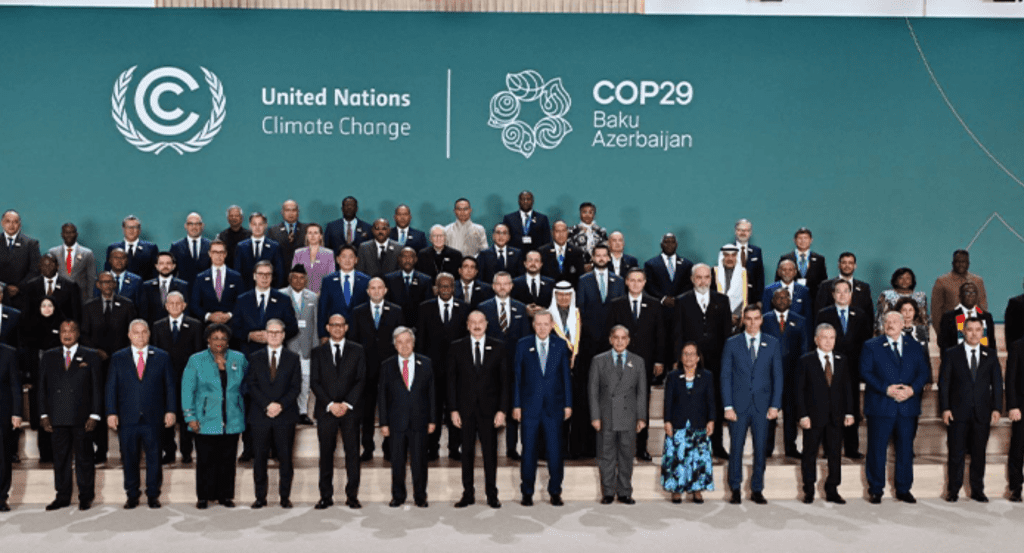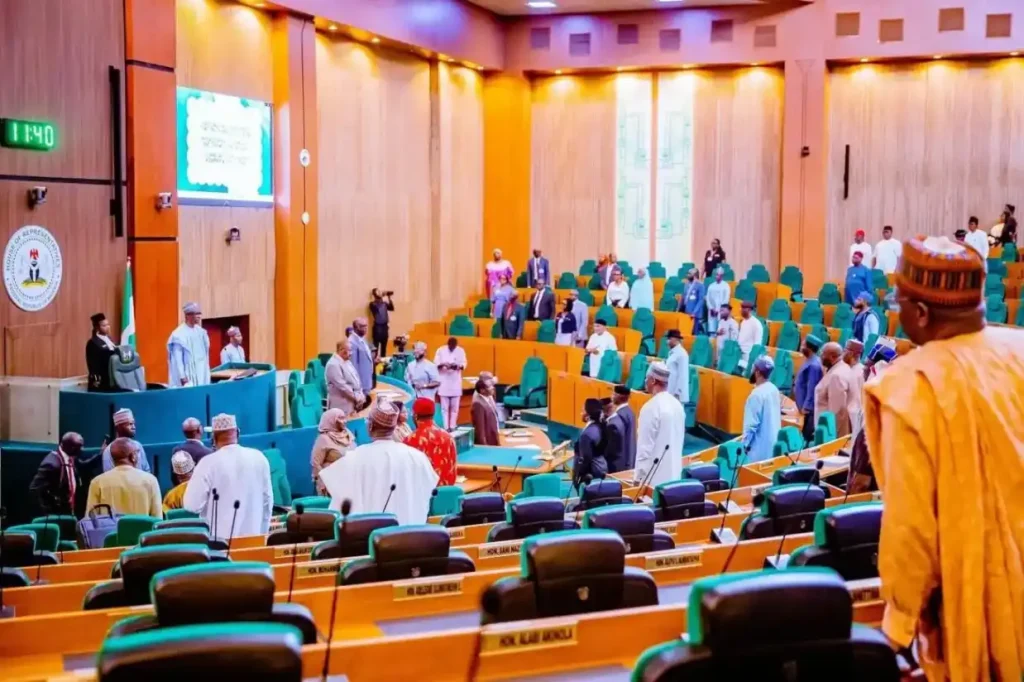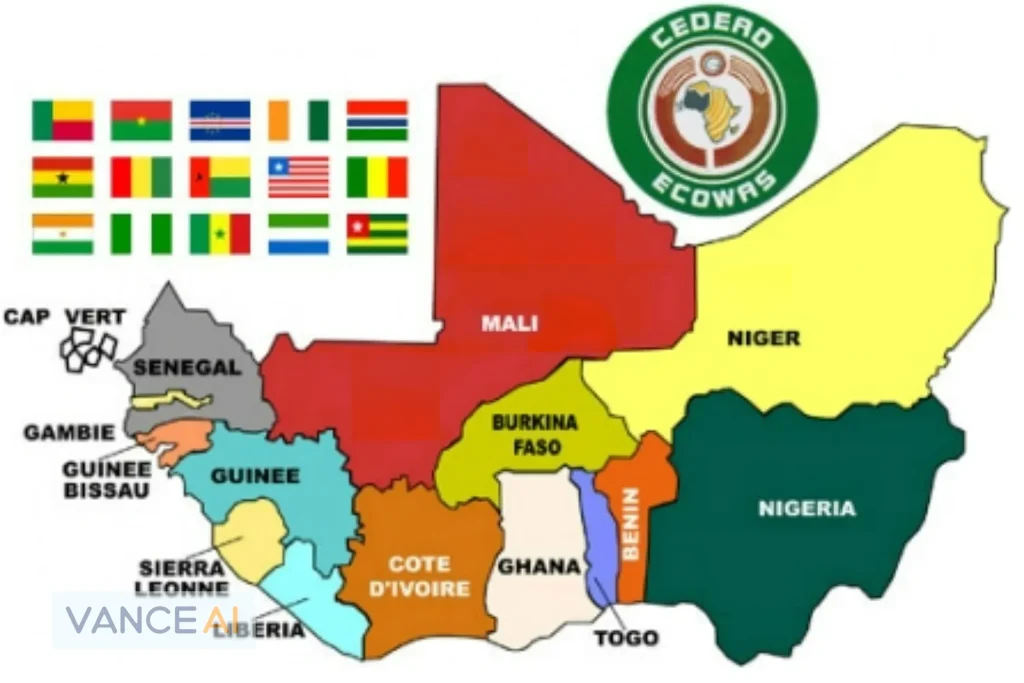As COP29 unfolds, discussions are centering on the evolving role of carbon credits and climate finance, particularly for Africa. Experts at the conference stress the continent’s potential to harness carbon credit systems while highlighting the structural barriers limiting Africa’s participation in global climate finance mechanisms.
In an interview, a UN climate expert emphasized that Africa holds immense potential in the carbon credits market, owing to its vast natural resources and reforestation initiatives. However, the expert noted that existing inequities in global climate finance systems hinder African nations from realizing these benefits. African nations account for less than 5% of global carbon credit transactions despite being home to critical carbon sinks like the Congo Basin.
The push for reform comes as wealthier nations face mounting criticism for failing to fulfill the $100 billion annual pledge made under the Paris Agreement to support developing countries. Observers at COP29 have also flagged a disproportionate allocation of funds, with African nations often sidelined in favor of larger economies like India and Brazil.
The Independent highlighted that one of COP29’s key priorities is to restructure financing mechanisms to address these imbalances. Analysts have proposed solutions, including lowering entry barriers for carbon credit markets and increasing direct investments in renewable energy projects in Africa.
Despite these conversations, activists argue that carbon credits alone cannot resolve Africa’s climate challenges. Critics say such markets allow high-emission nations to offset their responsibilities without significantly reducing emissions, effectively delaying the transition to a zero-carbon future. The New Humanitarian echoed similar sentiments, questioning whether Africa benefits equitably from global climate negotiations.
While carbon credits offer potential financial gains, African leaders at COP29 have stressed the need for a dual strategy. Alongside reforms in carbon markets, they are advocating for robust climate finance to address the continent’s vulnerability to extreme weather events. Droughts, floods, and rising temperatures disproportionately impact Africa, undermining economic growth and increasing food insecurity.
The outcomes of COP29 could redefine Africa’s role in global climate solutions. Success hinges on bridging the gap between promises and action, ensuring that climate finance and carbon credit systems translate into tangible benefits for the continent. As the conference progresses, all eyes remain on whether industrialized nations will meet their financial commitments and embrace a fairer, more inclusive framework.























